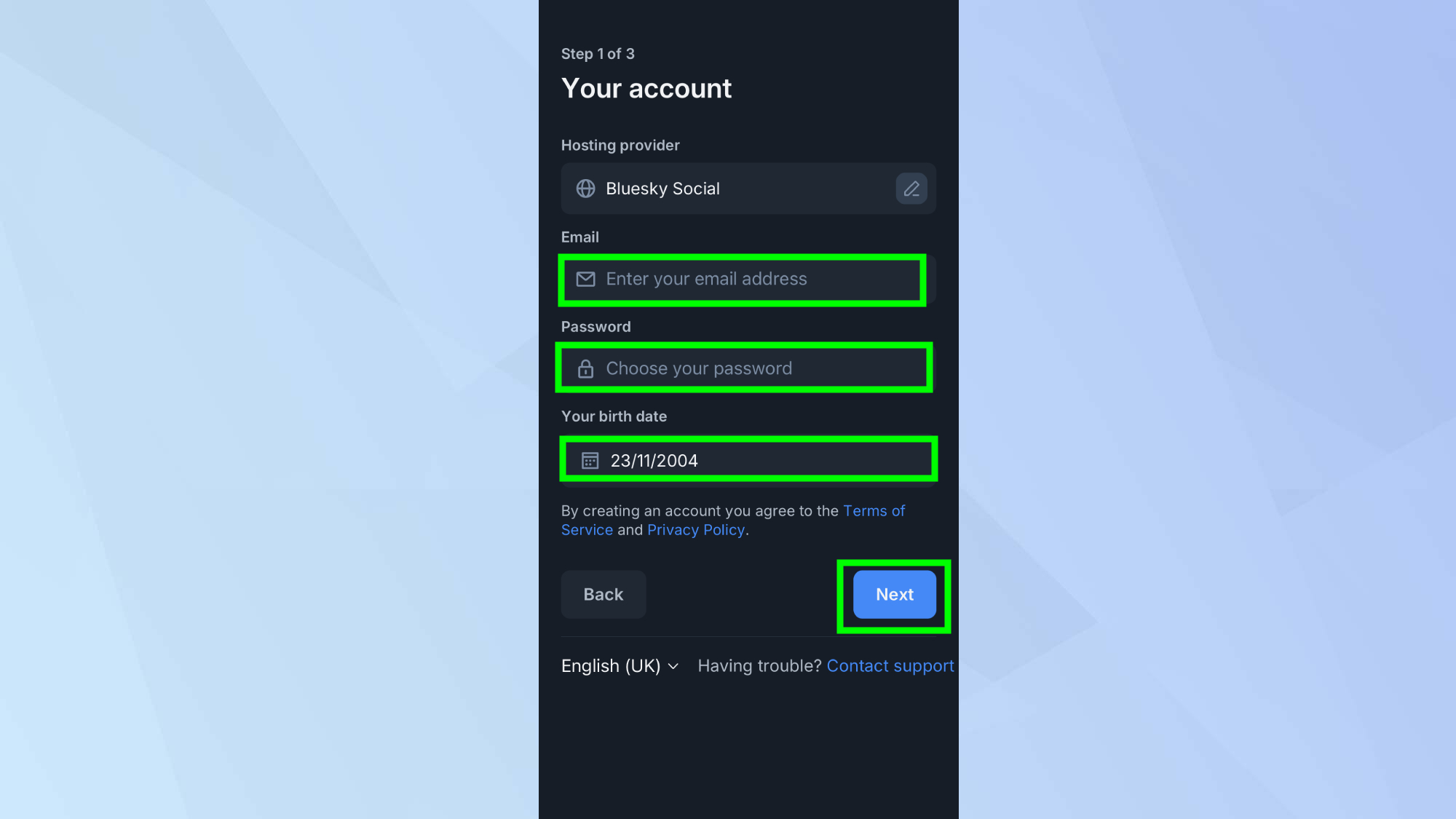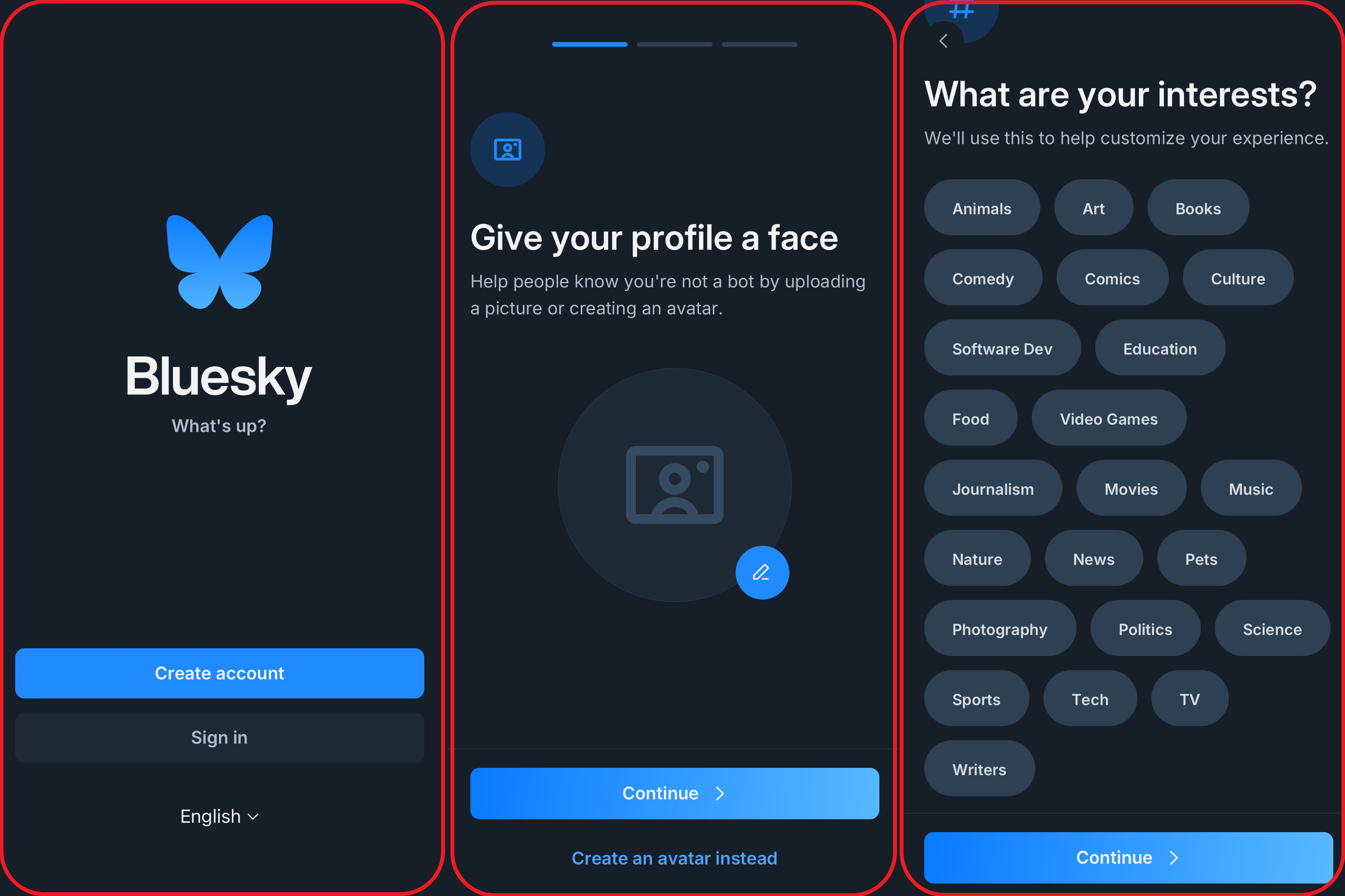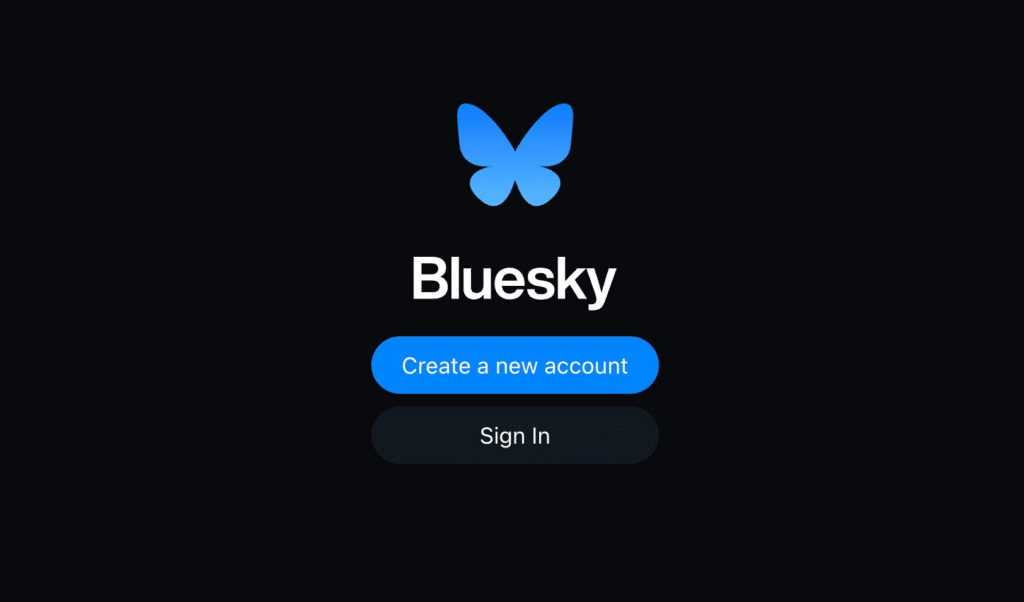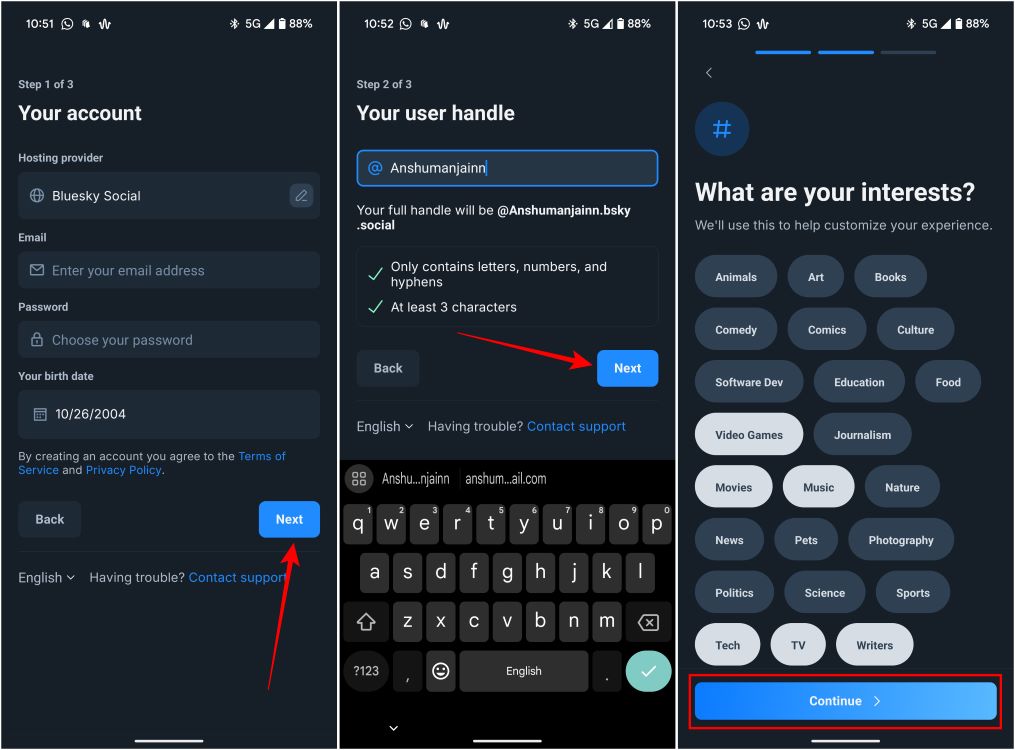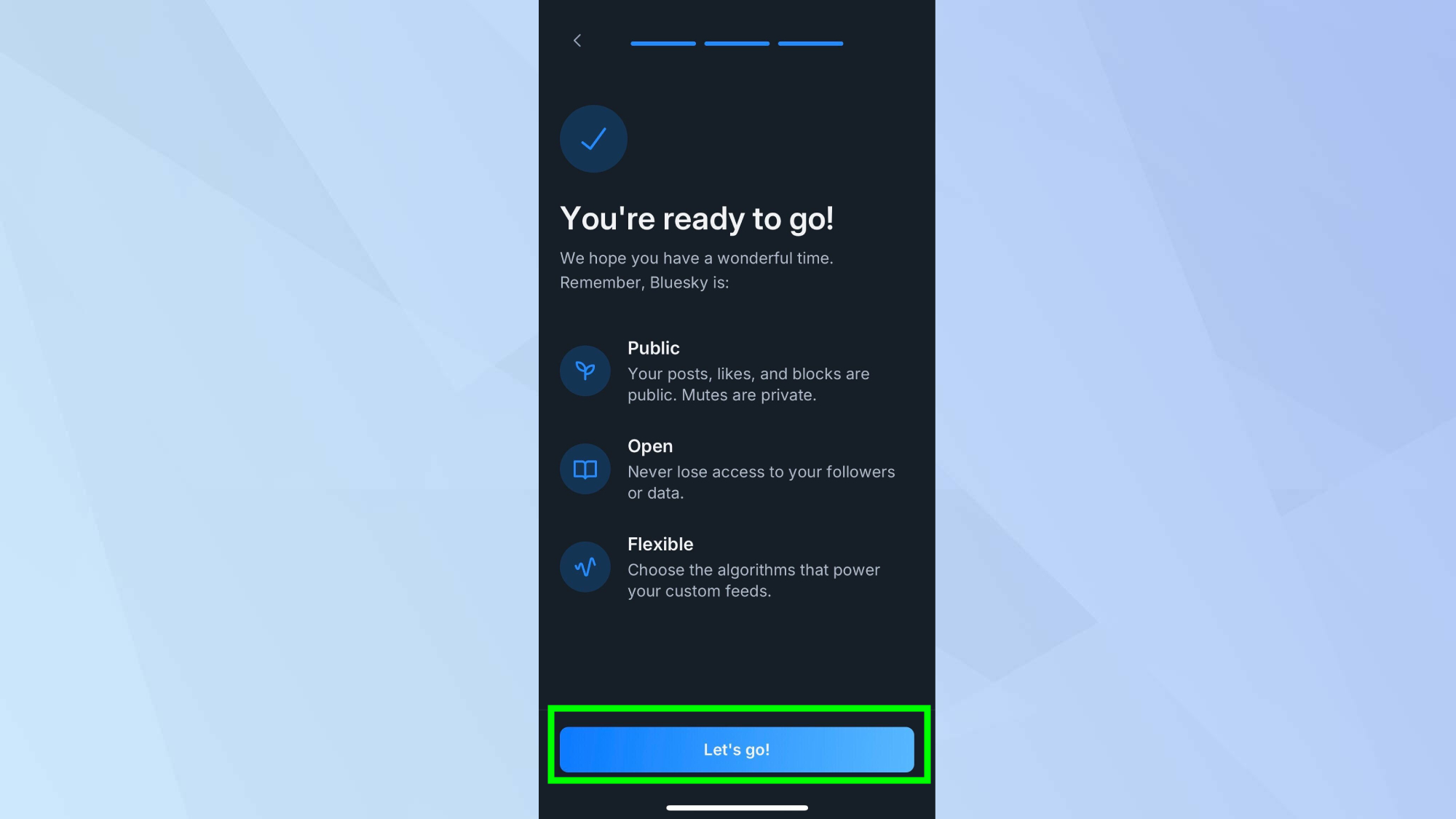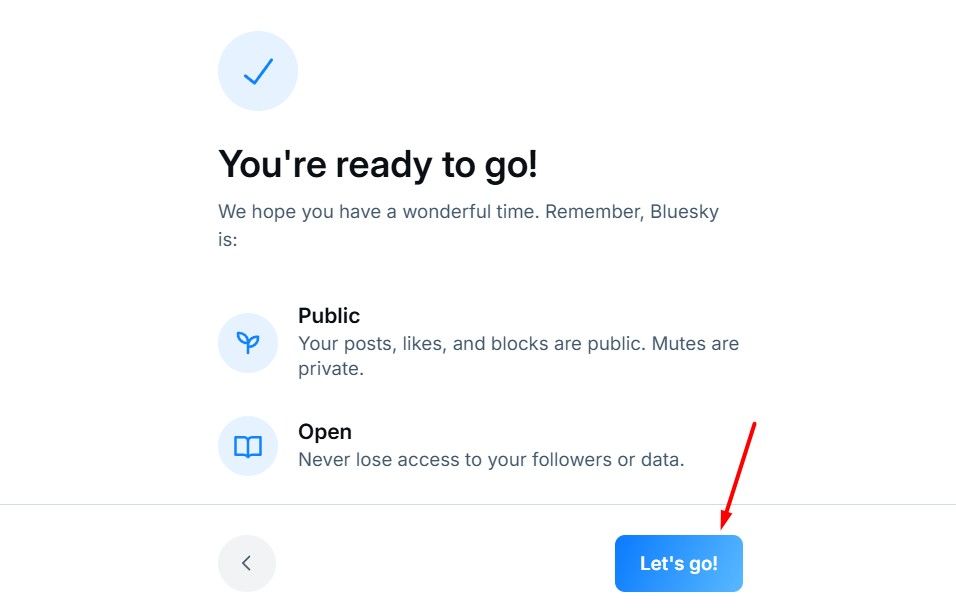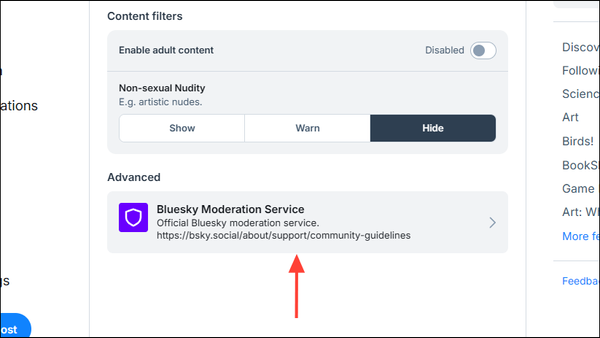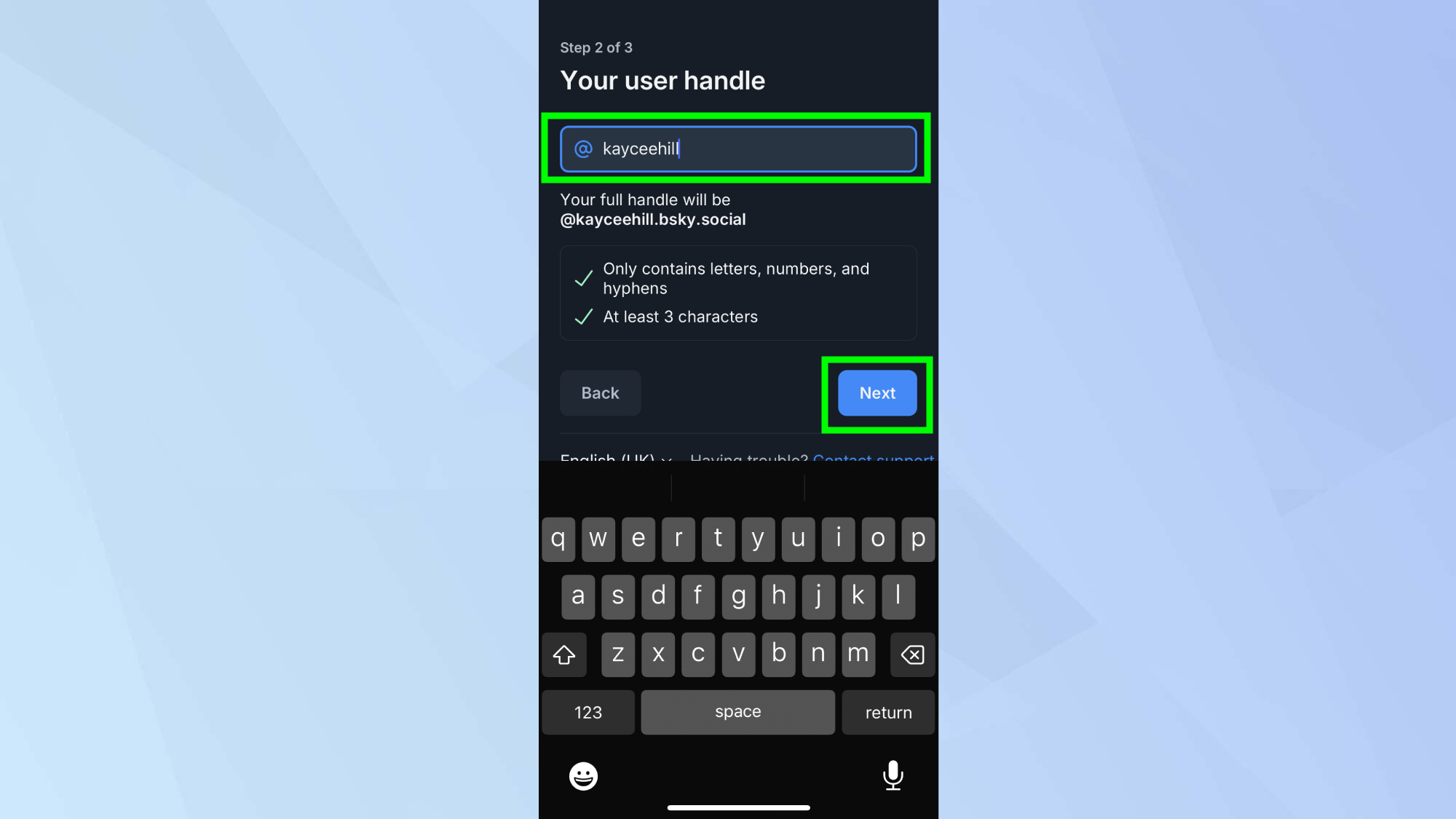How To Private Account On Bluesky

Bluesky, the decentralized social media platform backed by Twitter co-founder Jack Dorsey, currently lacks a native "private account" feature akin to those found on platforms like Twitter or Instagram. This absence raises questions for users prioritizing privacy and control over their content's visibility. While a fully private account isn't available, there are alternative strategies users can employ to manage their online presence and limit who can see their posts.
Understanding these workarounds is crucial for anyone considering or currently using Bluesky who values privacy. This article will explore the available methods for controlling content visibility on Bluesky and discuss their limitations, providing a practical guide for users seeking a more private experience.
Managing Visibility on Bluesky: Current Options
Bluesky operates on an "open by default" principle. This means that, by default, all posts are public and discoverable.
The platform emphasizes a more decentralized and transparent approach compared to traditional social media, but that also means inherent challenges in replicating the privacy controls users may be accustomed to.
Blocking and Muting
The most straightforward method for limiting interaction is blocking unwanted users. Blocking prevents a user from seeing your posts, following you, or interacting with you directly.
To block a user, navigate to their profile and select the "Block" option from the menu. Muting, on the other hand, allows you to remove a user's content from your feed without them knowing you've done so.
This can be useful for managing unwanted noise without resorting to a complete block.
Selective Following
Carefully curating your follower list is another essential aspect of managing visibility. Because there isn't a way to restrict viewing your posts to only certain people, limiting your follower count to people you know and trust can help in a way.
Think critically about who you approve as a follower. This adds a layer of control over who can readily access your content.
Using Lists
Lists, a feature also found on other platforms, can be used to organize and filter the content you see. You can create lists of specific users and view their posts in isolation.
While lists don't directly control who can see your posts, they can help you focus on content from trusted sources and manage your overall Bluesky experience.
Content Warnings
Although not directly related to privacy, using content warnings (CWs) can indirectly offer a degree of control. By marking posts with potentially sensitive content, you allow others to decide whether or not to view them.
This demonstrates a respect for your audience and allows them to manage their own exposure to potentially triggering material.
The Absence of a True "Private Account"
The lack of a dedicated private account option is a deliberate design choice rooted in Bluesky's commitment to openness. The platform's architecture, built on the AT Protocol, emphasizes decentralized control and data portability.
Introducing a traditional private account feature could potentially complicate these core principles. The AT Protocol also emphasizes interoperability, which may be affected with certain privacy setups.
However, this decision also presents challenges for users accustomed to the privacy controls offered by mainstream social media platforms. This necessitates the reliance on workarounds, as discussed above.
Potential Future Developments
The Bluesky team has acknowledged the demand for more granular privacy controls and is actively exploring potential solutions. While a direct "private account" feature might not be in the cards, alternative approaches are under consideration.
These could involve enhanced filtering options, improved control over data sharing, or the introduction of new privacy-focused features within the AT Protocol itself.
Users are encouraged to provide feedback and suggestions to help shape the future of privacy on Bluesky.
Implications for Users and the Platform
The current privacy landscape on Bluesky has several implications. Users who prioritize privacy must be proactive in managing their online presence by utilizing the available workarounds.
This may involve carefully curating their follower list, actively blocking unwanted users, and utilizing content warnings where appropriate. On the platform level, the absence of a private account option could potentially deter some users who are particularly sensitive to privacy concerns.
This could impact the platform's growth and adoption, particularly among demographics accustomed to robust privacy controls.
For users seeking a higher degree of privacy, alternative decentralized social media platforms with stronger privacy features may be worth considering.
Conclusion
While Bluesky currently lacks a true "private account" feature, users can still manage their visibility through a combination of blocking, selective following, lists, and content warnings. The platform's commitment to openness and decentralization shapes its approach to privacy, requiring users to be more proactive in controlling their online experience.
As Bluesky continues to evolve, it remains to be seen whether more robust privacy controls will be introduced. In the meantime, understanding the available workarounds is essential for anyone seeking a more private experience on the platform.
Ultimately, navigating privacy on Bluesky requires a mindful and informed approach, weighing the platform's unique characteristics against individual privacy preferences.


